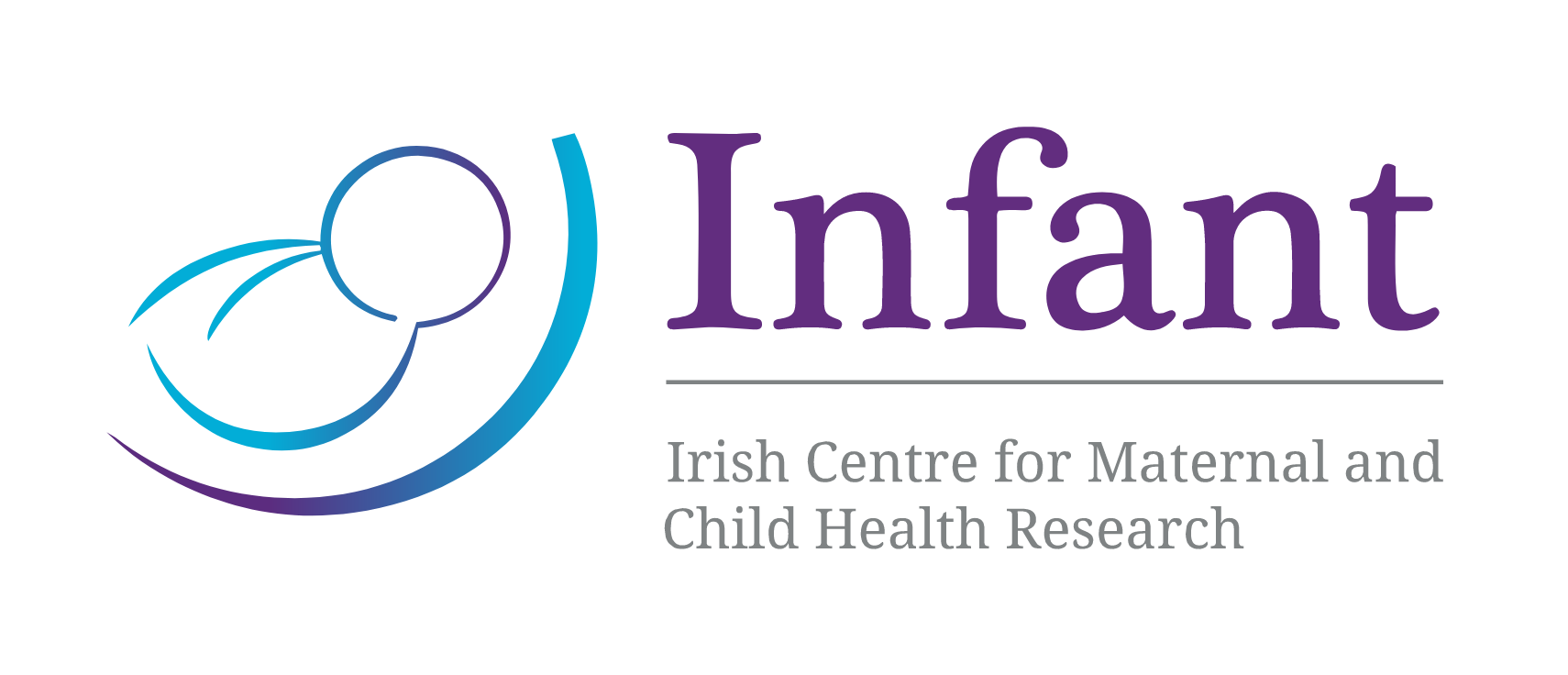Dr. Andreea Pavel

Contact Details:
PhD Title: Study of electroencephalogram, heart rate variability and clinical parameters as early biomarkers of encephalopathy in newborn infants
Hypoxic-ischaemic encephalopathy (HIE) is the most common cause of neonatal encephalopathy, associated with a high risk of death and lifelong disability. Therapeutic hypothermia is currently the only treatment recommended for moderate and severe HIE cases. There is a 6-hour widow to assess an infant at risk of HIE and decide if therapeutic hypothermia might be beneficial. Several studies show that the sooner you start the treatment, the more effective it is. Unfortunately, there is no treatment recommended for mild HIE, although we now know that 20-40% of infants with mild HIE have a poor neurodevelopmental outcome. The initial neurological assessment is sometimes unreliable to differentiate between HIE grades and sometimes is very difficult to accurately select the infants that might benefit from cooling and that might have a poor outcome, especially in the mild spectrum. We need new strategies to obtain a quick and accurate diagnosis of HIE severity by adding new early biomarkers for HIE grade and outcome prediction.
The main aim of Andreea’s PhD is to assess the early physiological biomarkers in HIE: to add to the clinical features, that we are currently using in practice, the most predictive electroencephalographic (EEG) and heart rate variability (HRV) features. She will also characterise the standard EEG and HRV features seen in all HIE grades, and identify those features that are most predictive of poor neurodevelopmental outcome.
